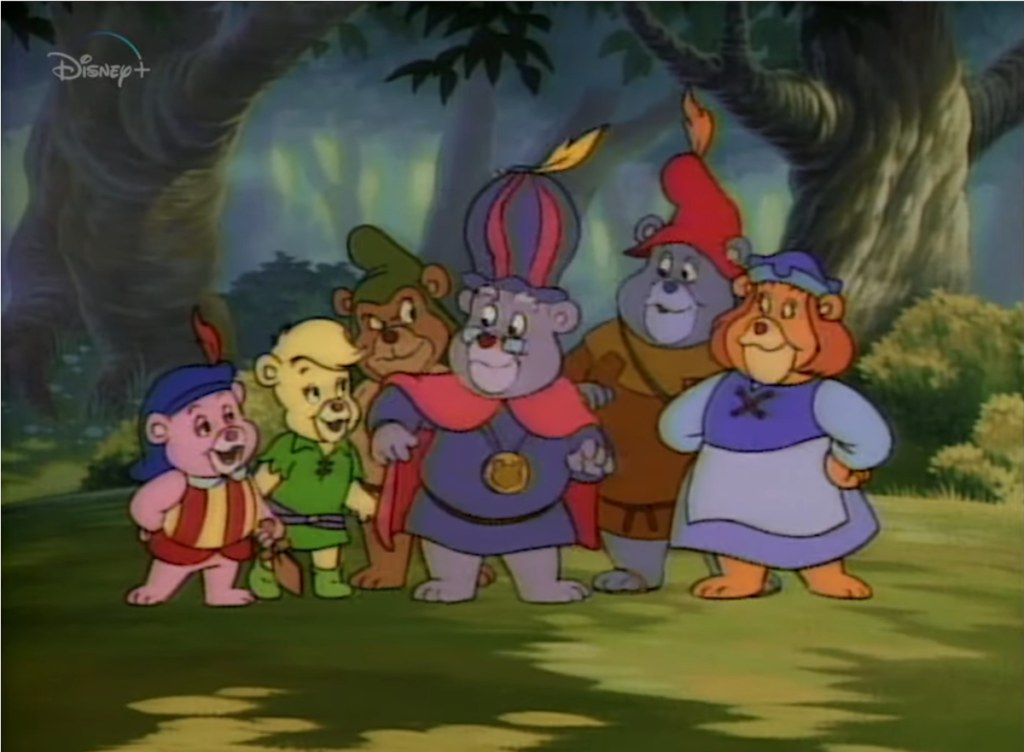
There’s a crowd game love to play called Lamentation or Taylor Swift Lyric. The premise is pretty simple. We put a verse on the screen and the players have to guess whether it’s a verse from the Book of Lamentations in the Bible, or if it’s a verse from a sad Taylor Swift song about somebody she broke up with. It’s great entertainment for this “Swiftie” and church staff member. It’s also surprisingly difficult. I played it in a room with about 30 United Methodist pastors at a retreat in Nags Head a few years ago. The pastors missed every. single. question. Although I had suspected we wouldn’t have a ton of T-Swift fans in the group, apparently we didn’t have a lot of causal readers of Lamentations either.
I don’t have a great track record of sticking with published devotionals. They tend to be cheerful, and when I’m not feeling cheerful, that tends to exacerbate, rather than alleviate my mood. But much as I love Taylor Swift, her songwriting is not always cheerful. And much as I love the Bible, it isn’t always either. Lamentations is a great example, but leaders from Jeremiah to David to Jesus himself expressed written and verbal frustrations to the Father about the state of their nations, their lives, and their relationships with God. But they did so with an honesty that displays faith in a God who looks beyond our temporary worries and who is also with us in the suffering. May we look to God even when we’re not cheerful, and may we know we’re in good company.



